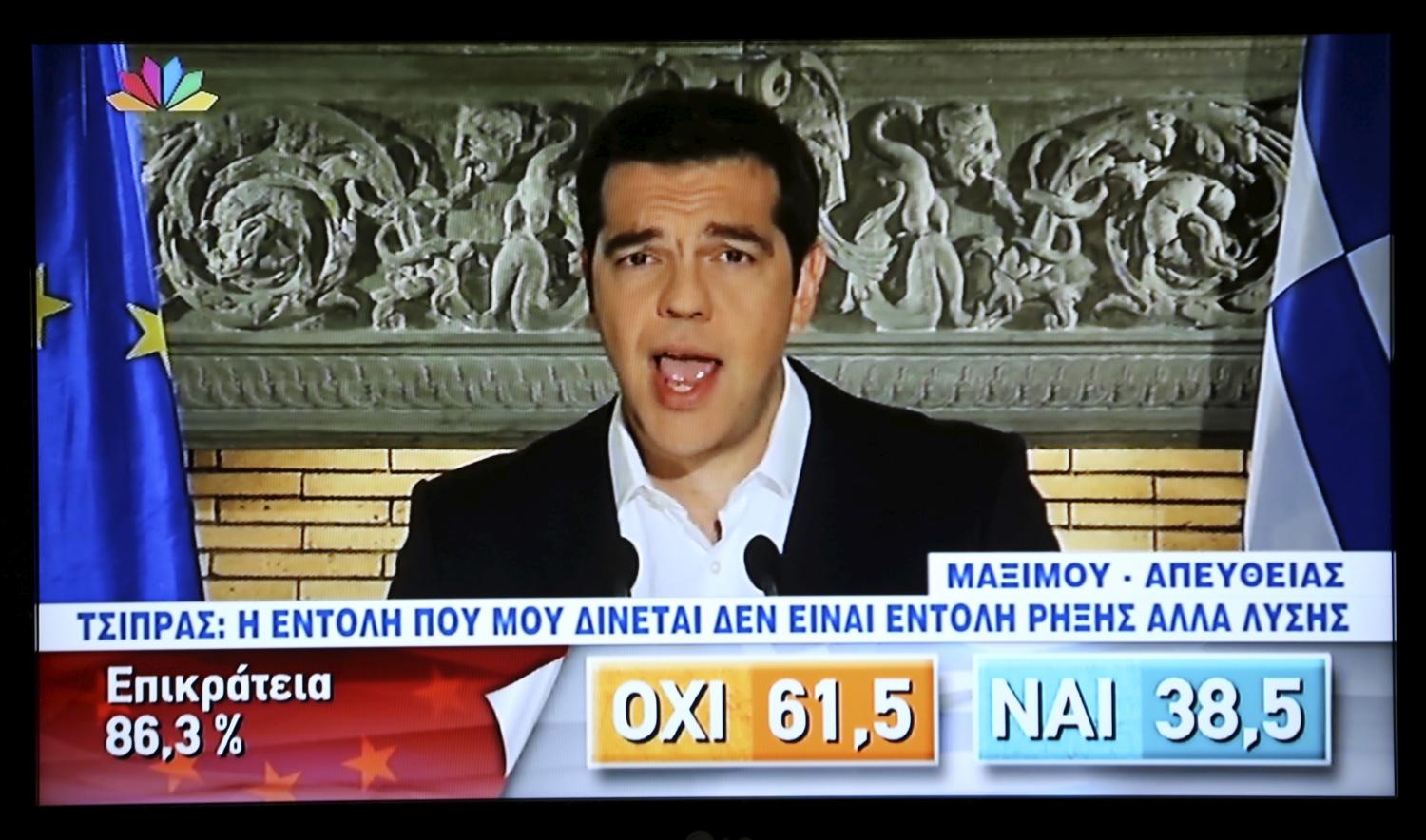Introduction:
In the crucial days at the beginning of July 2015, the Greek crisis has turned more political than ever. The victory of the NO at the Greek referendum on the European agreements has tightened the leeway for negotiation. On one hand, the outcome forbids Tsipras from compromising further. On the other hand, the European partners and institutions engaged in the negotiations seem to have lost patience with the Greek government.
The potential for a Grexit, i.e. Athens abandoning the euro, has never been larger. The consequences go far beyond the loss of one critical link in the European chain. It means weakening the most ambitious among the European projects.
Opening the exit door from the euro implies consolidating a hierarchy among safer and less safe countries, one that might change the nature of the euro-area itself.
If they want to avoid this scenario, or if they are not prepared to integrate more rapidly with or without Greece, European leaders should offer to the Greek people a convincing plan for staying in the euro area. In fact, as this brief analysis maintains, this may still mean developing a new vision for the European economy as a whole, one in which the country’s diversity fits into a comprehensive picture of the country’s specialization, or one based on complementing geographical integration of economic structures.
The Brookings Institution is committed to quality, independence, and impact.
We are supported by a diverse array of funders. In line with our values and policies, each Brookings publication represents the sole views of its author(s).




